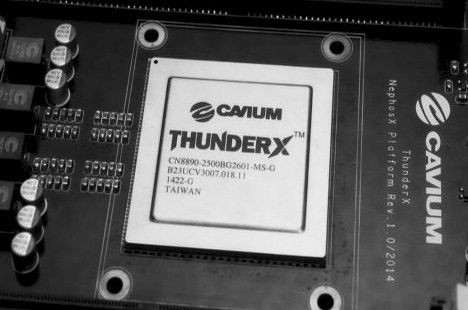Phoronix: Red Hat Enterprise Linux for ARM Hits General Availability
Red Hat now considers their ARM support on Red Hat Enterprise Linux (RHEL7) to be supported under general availability "GA" terms...
Red Hat now considers their ARM support on Red Hat Enterprise Linux (RHEL7) to be supported under general availability "GA" terms...


Comment